Our crisis is not interminable—it will dissolve soon into mere history. Though, for a considerable amount of companies, this punishing moment will result in a sizable reduction or even in an unfortunate conclusion of their work. Now that we find ourselves, in all likelihood, midway along the journey of our thoroughly disrupted life with this novel virus, some firms have awoken in a dark and unfamiliar wood, confronting economic wraiths that no armor has been able to ward off.
Businesses large and small, celebrated and locally known, have been grappling with layoffs and closures: American Airlines laying off 25,000 employees, JCPenney shuttering 152 stores, Walgreens cutting 4,000 jobs, the restaurant near your house closing down for good. The plague is indifferent to the vicissitudes of fortune.
Overview of the WARN Act
Our government has specific protections for employees when such an extraordinary crisis occurs, with requirements and obligations that must be met by their employer. In the sweltering summer of 1988, the 100th US Congress passed into law the Worker Adjustment and Retraining Notification Act, acronymized ( as politicians are often wont to do) as the WARN Act. From then on, to give employees somewhat of an opportunity to manage their finances and options in the face of their impending unemployment, any company about to experience a mass layoff or plant closing must provide at least 60-days’ notice to each of the following, prior to the termination:
- the employee’s union representative, or directly to the affected employee if they are not represented by a union,
- their state’s rapid response dislocated worker unit, and
- the chief elected official of the local government where the closing or mass layoff will occur.
For the purposes of this bill, the requirement applies only to sizable companies, composed of either:
- 100 or more employees (excluding part-time employees); or
- 100 or more employees who in the aggregate work at least 4,000 hours per week (excluding overtime).
The Act defines a ‘Plant Closing’ as the permanent or temporary shutdown of a single site of employment, if the shutdown results in an employment loss at that site, during any 30-day period, for 50 or more workers (excluding any part-time employees).
And defines ‘Mass Layoff” as a reduction in force which is not the consequence of a plant closing, and results in an employment loss (again, excluding part-time employees) at a single site of employment during any 30-day period for:
- 50 or more workers (constituting at least 33% of the total workforce); or
- 500 or more workers.
Of course, the next logical question one contemplating this uninviting situation would have is, What exactly does the bill define as an ‘Employment Loss’? Congress specifies it as three different possibilities:
- an employment termination, other than a discharge for cause voluntary departure, or retirement;
- a layoff exceeding six months; or
- a reduction in hours of work of more than 50% during each month of any six-month period.
Practical Applications
Applying all of the rules set out above to certain situations, might at first glance appear to trigger the Act’s mechanisms, but in actuality fall outside its contours. For example, if your company experiences an event that will result in the loss of employment or halving of hours, for 50 or more employees, that event would conventionally constitute a mass layoff. If the company recalls enough of the affected workers before the end of the six-month period though, the WARN notification requirements will not have to be met. However, there is a 90-day aggregation rule, requiring companies to look ahead 90 days and look back 90 days from each employment loss to ensure employers do not use repeated small layoffs to avoid the notice requirements. Separate employment losses occurring within any 90-day period trigger the WARN Act requirements if the losses, when added together, total the necessary number of employees.
Another instance that would seemingly trigger the Act, but does not, occurs when a company is closing a site as a result of a consolidation or relocation. If the affected workers are offered to transfer to another location prior to the closing or layoff, with no more than a six-month break in employment, to either (1) a different site of employment within a reasonable commuting distance; or (2) any other site of employment, regardless of distance, if the employee accepts within 30 days of the offer or closing or layoff, whichever is later; then the notifications are not requisite.
Exceptions to the 60-Day Requirement
There are of course exceptions to every rule, the WARN Act having three:
- Natural disasters, such as floods, earthquakes, droughts, storms, tidal waves, tsunamis, or similar events of nature
- Unforeseeable business circumstances, defined as “sudden, dramatic, and unexpected action or condition outside the employer’s control” such as “an unanticipated and dramatic major economic downturn” or a “government-ordered closing of an employment site that occurs without prior notice”
COVID-19 and the unprecedented measures that state and federal governments have taken in response could likely be viewed as an unforeseen business circumstance, but there is no overarching rule on how this exception applies, as it is made on a case-by-case basis. As an affirmative defense though, the burden of proof falls on the employer to show how this exception applies and will depend on the employer’s actions compared to those of others in the same market.
- A faltering company, which is actively seeking a realistic opportunity for capital or financing that would allow the company to stay afloat, and in good faith reasonably believes that the advanced WARN notice would preclude it from obtaining that capital or business.
When invoking these exceptions though, companies must still deliver notices to the required parties, only the 60-day timeframe has been excluded. An employer is to give as much notice as is reasonably practicable, and include a brief statement of the reason for giving less than 60-days’ notice, along with the other required elements of the WARN Act.
What isn’t an exception though is filing for bankruptcy under Chapter 7 or 11. A company cannot use bankruptcy as a way to avoid giving proper notices under WARN. If the employer knows or should have reasonably known, that a mass layoff or plant closing was foreseeable, the notice must be given; so, if the company is restructuring or liquidates its assets, releasing all of its employees during the process, the employees are still entitled to their WARN notice or pay in lieu of that notice.
There are also two circumstances that specifically do not trigger the WARN Act: (1) The closing of a temporary facility or completion of a temporary project, when employees were hired with the understanding that their employment would end with the facility or project; and (2) Closures of a facility or operating unit due to a union strike or lockout where the closing is not intended to evade WARN.
Contents of Notification
Notices to the individual employer, to their representative or union, and to the state, differ in their required contents but generally, the notices themselves should contain the name and address of the employment site that is closing along with a name and telephone number of a company official, a statement about whether the planned action is expected to be permanent or temporary, the scheduled dates of when employees will be let go, and the job titles and positions to be affected, among other items.
Penalties for Violation
Any company found to be non-compliant with the WARN Act faces significant penalties and litigation by impacted workers, including owing back pay and benefits for each day of violation to every employee up to a total of 60 days, and $500 in civil penalties for each day the company fails to provide notice to their local government. The aggrieved employee, their union, and the local government all have standing to file suit in federal court for WARN violations.
Mini-Warn Acts
In addition to complying with the federal rules, many states have adopted their own ‘mini-WARN Acts’ to which companies must conform, some adding requirements for continuing an employee’s health insurance or to payout a severance package. For example, California’s Labor Code § 1400 contains similar notice requirements for the closing of facilities, in addition to imposing administrative reporting requirements, but does not contain exemptions for ‘unforeseen business circumstances.’ Though, in response to COVID, Governor Gavin Newsom somewhat suspended the state’s mini-WARN Act in issuing an executive order in March of this year requiring that notices, for now, are to be sent out as soon as practically possible, and must include the phrase: “If you have lost your job or been laid off temporarily, you may be eligible for Unemployment Insurance (UI).”
New York’s Labor Law § 860 requires 90 days’ advance notice (rather than the federal 60 days), and applies to businesses with 50 or more full-time workers (rather than the federal 100), and is triggered by a 50% reduction in the hours of 25 or more employees (rather than the federal 33% or 50 employees). Texas though has no additional mini-WARN of its own and simply follows the federal requirements. Each state is different. These frazzled months following the iniquitous and inescapable decision to close down a company at which hard-working people rooted entire eras of their life around will be exhausting for everyone involved. Of course, if you and your company find yourself in that dark and unfamiliar wood, please feel free to reach out to Pasha Law and our team will help guide you through this temporary purgatory.

![Unraveling the Workforce: Navigating the Aftermath of Mass Layoffs [e322]](https://www.pashalaw.com/wp-content/uploads/2023/07/Untitled-design-23-1024x723.png)
![Return to the Office vs. Remote: What Can Employers Legally Enforce? [e321]](https://www.pashalaw.com/wp-content/uploads/2023/01/Pasha_LSSB_321_banner-1024x723.jpg)
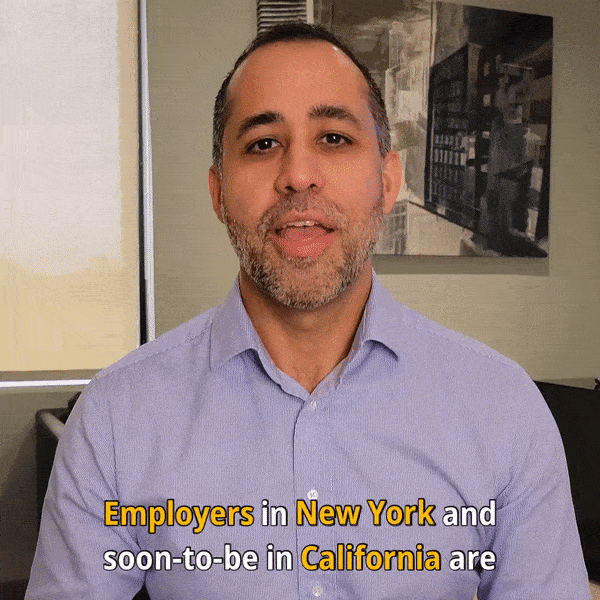
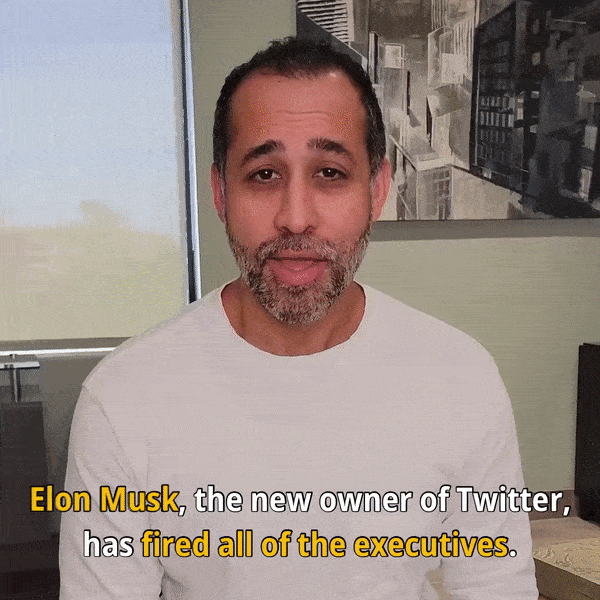
![California v. Texas: Which is Better for Business? [313]](https://www.pashalaw.com/wp-content/uploads/2021/07/Pasha_LSSB_CaliforniaVSTexas-1024x723.jpg)
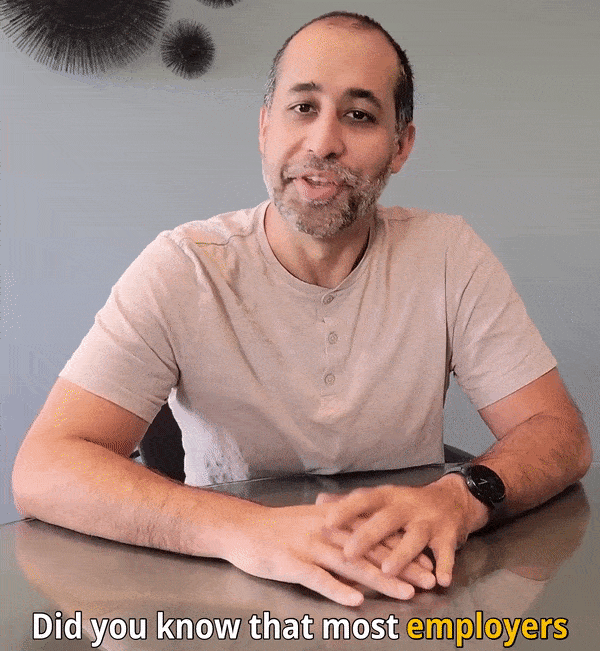


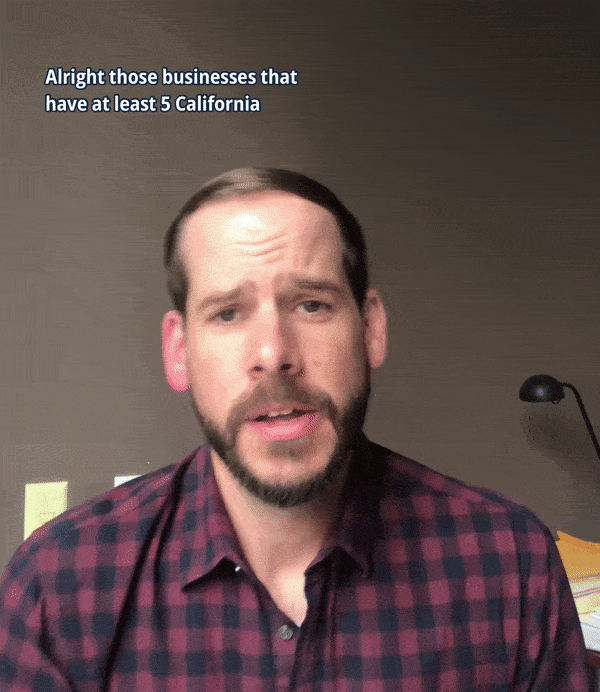
![Employers vs. Employees: When Are Employment Restrictions Fair? [e318]](https://www.pashalaw.com/wp-content/uploads/2022/05/Pasha_LSSB_EmployeesVsEmployers_banner-1-1024x723.jpg)
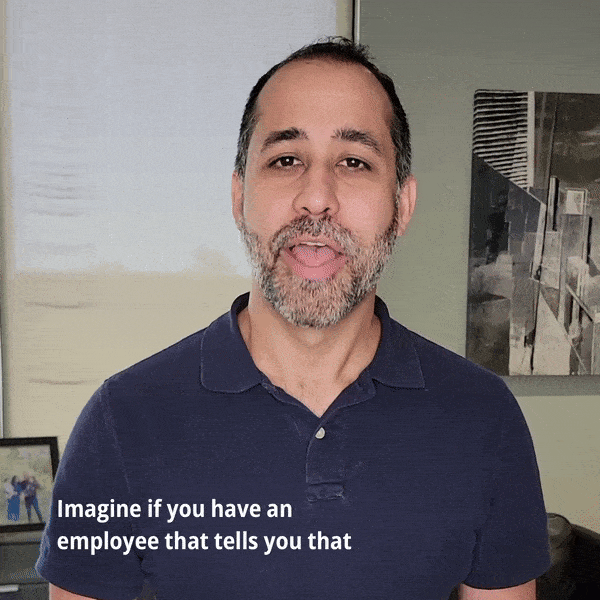
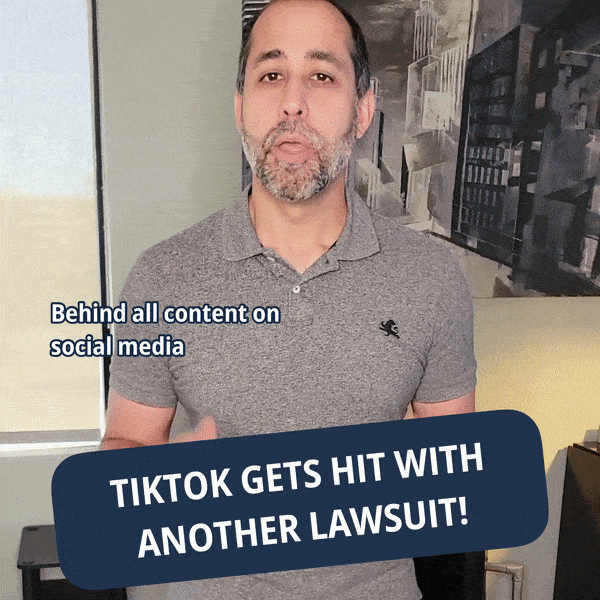




![Law in the Digital Age: Exploring the Legal Intricacies of Artificial Intelligence [e323]](https://www.pashalaw.com/wp-content/uploads/2023/11/WhatsApp-Image-2023-11-21-at-13.24.49_4a326c9e-300x212.jpg)
![Unraveling the Workforce: Navigating the Aftermath of Mass Layoffs [e322]](https://www.pashalaw.com/wp-content/uploads/2023/07/Untitled-design-23-300x212.png)
![Return to the Office vs. Remote: What Can Employers Legally Enforce? [e321]](https://www.pashalaw.com/wp-content/uploads/2023/01/Pasha_LSSB_321_banner-300x212.jpg)
![Explaining the Hans Niemann Chess Lawsuit v. Magnus Carlsen [e320]](https://www.pashalaw.com/wp-content/uploads/2022/10/LAWYER-EXPLAINS-7-300x169.png)
![California v. Texas: Which is Better for Business? [313]](https://www.pashalaw.com/wp-content/uploads/2021/07/Pasha_LSSB_CaliforniaVSTexas-300x212.jpg)
![Buyers vs. Sellers: Negotiating Mergers & Acquisitions [e319]](https://www.pashalaw.com/wp-content/uploads/2022/06/Pasha_LSSB_BuyersVsSellers_banner-300x212.jpg)
![Employers vs. Employees: When Are Employment Restrictions Fair? [e318]](https://www.pashalaw.com/wp-content/uploads/2022/05/Pasha_LSSB_EmployeesVsEmployers_banner-1-300x212.jpg)
![Vaccine Mandates Supreme Court Rulings [E317]](https://www.pashalaw.com/wp-content/uploads/2022/02/WhatsApp-Image-2022-02-11-at-4.10.32-PM-300x212.jpeg)
![Business of Healthcare [e316]](https://www.pashalaw.com/wp-content/uploads/2021/11/Pasha_LSSB_BusinessofHealthcare_banner-300x212.jpg)
![Social Media and the Law [e315]](https://www.pashalaw.com/wp-content/uploads/2021/10/WhatsApp-Image-2021-10-06-at-1.43.08-PM-300x212.jpeg)
![Defining NDA Boundaries: When does it go too far? [e314]](https://www.pashalaw.com/wp-content/uploads/2021/09/Pasha_LSSB_NDA_WordPress-2-300x212.jpg)
![More Than a Mistake: Business Blunders to Avoid [312] Top Five Business Blunders](https://www.pashalaw.com/wp-content/uploads/2021/06/Pasha_LSSB_Blunders_WP-1-300x212.jpg)
![Is There a Right Way to Fire an Employee? We Ask the Experts [311]](https://www.pashalaw.com/wp-content/uploads/2021/02/Pasha_LSSB_FireAnEmployee_Website-300x200.jpg)
![The New Frontier: Navigating Business Law During a Pandemic [310]](https://www.pashalaw.com/wp-content/uploads/2020/12/Pasha_LSSB_Epidsode308_Covid_Web-1-300x200.jpg)
![Wrap Up | Behind the Buy [8/8] [309]](https://www.pashalaw.com/wp-content/uploads/2020/11/Pasha_BehindTheBuy_Episode8-300x200.jpg)
![Is it all over? | Behind the Buy [7/8] [308]](https://www.pashalaw.com/wp-content/uploads/2020/09/iStock-1153248856-overlay-scaled-300x200.jpg)
![Fight for Your [Trademark] Rights | Behind the Buy [6/8] [307]](https://www.pashalaw.com/wp-content/uploads/2020/07/Fight-for-your-trademark-right-300x200.jpg)
![They Let It Slip | Behind the Buy [5/8] [306]](https://www.pashalaw.com/wp-content/uploads/2020/06/Behind-the-buy-they-let-it-slip-300x200.jpg)
![Mo’ Investigation Mo’ Problems | Behind the Buy [4/8] [305]](https://www.pashalaw.com/wp-content/uploads/2020/05/interrobang-1-scaled-300x200.jpg)
![Broker or Joker | Behind the Buy [3/8] [304] Behind the buy - Broker or Joker](https://www.pashalaw.com/wp-content/uploads/2020/04/Joker-or-Broker-1-300x185.jpg)
![Intentions Are Nothing Without a Signature | Behind the Buy [2/8] [303]](https://www.pashalaw.com/wp-content/uploads/2020/04/intentions-are-nothing-without-a-signature-300x185.jpg)
![From First Steps to Final Signatures | Behind the Buy [1/8] [302]](https://www.pashalaw.com/wp-content/uploads/2020/04/first-steps-to-final-signatures-300x185.jpg)
![The Dark-side of GrubHub’s (and others’) Relationship with Restaurants [e301]](https://www.pashalaw.com/wp-content/uploads/2015/04/When-Competition-Goes-Too-Far-Ice-Cream-Truck-Edition-300x201.jpg)
![Ultimate Legal Breakdown of Internet Law & the Subscription Business Model [e300]](https://www.pashalaw.com/wp-content/uploads/2019/05/Ultimate-Legal-Breakdown-of-Internet-Law-the-Subscription-Business-Model-300x196.jpg)
![Why the Business Buying Process is Like a Wedding?: A Legal Guide [e299]](https://www.pashalaw.com/wp-content/uploads/2019/03/futura-300x169.jpg)
![Will Crowdfunding and General Solicitation Change How Companies Raise Capital? [e298]](https://www.pashalaw.com/wp-content/uploads/2018/11/Will-Crowdfunding-and-General-Solicitation-Change-How-Companies-Raise-Capital-300x159.jpg)
![Pirates, Pilots, and Passwords: Flight Sim Labs Navigates Legal Issues (w/ Marc Hoag as Guest) [e297]](https://www.pashalaw.com/wp-content/uploads/2018/07/flight-sim-labs-300x159.jpg)
![Facebook, Zuckerberg, and the Data Privacy Dilemma [e296] User data, data breach photo by Pete Souza)](https://www.pashalaw.com/wp-content/uploads/2018/04/data-300x159.jpg)
![What To Do When Your Business Is Raided By ICE [e295] I.C.E Raids business](https://www.pashalaw.com/wp-content/uploads/2018/02/ice-cover-300x159.jpg)
![General Contractors & Subcontractors in California – What you need to know [e294]](https://www.pashalaw.com/wp-content/uploads/2018/01/iStock-666960952-300x200.jpg)
![Mattress Giants v. Sleepoplis: The War On Getting You To Bed [e293]](https://www.pashalaw.com/wp-content/uploads/2017/12/sleepopolis-300x159.jpg)
![The Harassment Watershed [e292]](https://www.pashalaw.com/wp-content/uploads/2017/12/me-2-300x219.jpg)
![Investing and Immigrating to the United States: The EB-5 Green Card [e291]](https://www.pashalaw.com/wp-content/uploads/2012/12/eb-5-investment-visa-program-300x159.jpg)
![Responding to a Government Requests (Inquiries, Warrants, etc.) [e290] How to respond to government requests, inquiries, warrants and investigation](https://www.pashalaw.com/wp-content/uploads/2017/10/iStock_57303576_LARGE-300x200.jpg)
![Ultimate Legal Breakdown: Employee Dress Codes [e289]](https://www.pashalaw.com/wp-content/uploads/2017/08/Ultimate-Legal-Breakdown-Template-1-300x159.jpg)
![Ultimate Legal Breakdown: Negative Online Reviews [e288]](https://www.pashalaw.com/wp-content/uploads/2017/06/Ultimate-Legal-Breakdown-Online-Reviews-1-300x159.jpg)
![Ultimate Legal Breakdown: Social Media Marketing [e287]](https://www.pashalaw.com/wp-content/uploads/2017/06/ultimate-legal-breakdown-social-media-marketing-blur-300x159.jpg)
![Ultimate Legal Breakdown: Subscription Box Businesses [e286]](https://www.pashalaw.com/wp-content/uploads/2017/03/ultimate-legal-breakdown-subscription-box-services-pasha-law-2-300x159.jpg)
![Can Companies Protect Against Foreseeable Misuse of Apps [e285]](https://www.pashalaw.com/wp-content/uploads/2017/01/iStock-505291242-300x176.jpg)
![When Using Celebrity Deaths for Brand Promotion Crosses the Line [e284]](https://www.pashalaw.com/wp-content/uploads/2017/01/celbrity-300x159.png)
![Are Employers Liable When Employees Are Accused of Racism? [e283] Racist Employee](https://www.pashalaw.com/wp-content/uploads/2016/12/Are-employers-liable-when-an-employees-are-accused-of-racism-300x159.jpg)
![How Businesses Should Handle Unpaid Bills from Clients [e282] What to do when a client won't pay.](https://www.pashalaw.com/wp-content/uploads/2016/12/How-Businesses-Should-Handle-Unpaid-Bills-to-Clients-300x159.png)
![Can Employers Implement English Only Policies Without Discriminating? [e281]](https://www.pashalaw.com/wp-content/uploads/2016/11/Can-Employers-Impliment-English-Only-Policies-Without-Discriminating-300x159.jpg)
![Why You May No Longer See Actors’ Ages on Their IMDB Page [e280]](https://www.pashalaw.com/wp-content/uploads/2016/10/IMDB-AGE2-300x159.jpg)
![Airbnb’s Discrimination Problem and How Businesses Can Relate [e279]](https://www.pashalaw.com/wp-content/uploads/2016/09/airbnb-300x159.jpg)
![What To Do When Your Amazon Account Gets Suspended [e278]](https://www.pashalaw.com/wp-content/uploads/2016/09/What-To-Do-When-Your-Amazon-Account-Gets-Suspended-1-300x200.jpg)
![How Independent Artists Reacted to Fashion Mogul Zara’s Alleged Infringement [e277]](https://www.pashalaw.com/wp-content/uploads/2016/08/How-Independent-Artists-Reacted-to-Fashion-Mogul-Zaras-Alleged-Infringement--300x159.jpg)
![Can Brave’s Ad Replacing Software Defeat Newspapers and Copyright Law? [e276]](https://www.pashalaw.com/wp-content/uploads/2016/08/Can-Braves-Ad-Replacing-Software-Defeat-Newspapers-and-Copyright-Law-300x159.jpg)
![Why The Roger Ailes Sexual Harassment Lawsuit Is Far From Normal [e275]](https://www.pashalaw.com/wp-content/uploads/2016/07/WHY-THE-ROGER-AILES-SEXUAL-HARASSMENT-LAWSUIT-IS-FAR-FROM-NORMAL-300x159.jpeg)
![How Starbucks Turned Coveted Employer to Employee Complaints [e274]](https://www.pashalaw.com/wp-content/uploads/2016/07/iStock_54169990_LARGE-300x210.jpg)
